Following the coronavirus health crisis, world air transport stopped overnight, the growing sector collapsed as did the industries attached to it, with a loss of more than € 280 million.
To date, the International Air Transport Association (IATA) estimates that the pandemic weighed nearly $ 315 billion on airline revenues compared to forecasts for
2019, a drop of 55%, unheard of in the industry. Many consequences will be linked to this health crisis and companies will have to wait before investing for economic reasons, without counting on changes in passenger habits who could choose other modes of transport when possible or give up travel.
Losses in the aeronautical industry should be at least 40% by the end of 2020, even more in 2021. However, the know-how and excellence in this sector should help it to rebound, but it will also be necessary expect the closure of small structures.
After the plan for tourism of 18 billion euros, that of the automobile of 8 billion euros and that for culture, the recovery plan to save aeronautics was presented on June 9 by the Minister of the ‘Economy and Finance, Bruno Le Maire in the presence of Agnès Pannier Runacher (Economy,) Florence Parly (Armies), Elizabeth Borne (Ecological transition) and Jean-Baptiste Djebbari (Transport).
The State has released 15 billion euros, including 7 billion already paid to Air France-KLM, for this recovery plan implemented to support the French aeronautical industry very weakened by the economic crisis linked to the coronavirus, which will lead to the loss nearly 100,000 jobs over the next 6 months out of the 250,000 to 300,000 impacted; it will take 2 to 3 years for air traffic to return to normal, 2023 at the earliest. The sector, which represents € 58 billion, had already been affected by the B737 MAX crisis.
This government funding will be divided into 2 investment funds set up to initiate an « industrial revolution » following negotiations:
The first up to € 1bn (€ 500m from July) in equity, will initiate the first stages of transformations by promoting the development and consolidation of companies in the sector.
The second, of € 500M (€ 200M from the State via BPIfrance (Public investment bank for financing and business development), € 200M from the 4 industrial groups Airbus (€ 116M), Safran, (€ 58M), Dassault (€ 13M), and Thalès (€ 13M) and € 100M of a fund manager chosen by invitation to tender) will support the transformations (enlargement and modernization of production chains …) and will improve the competitiveness of SMEs and ETI of the sector thanks to robotization and digitalization …
This plan consists of 3 phases:
- The first is to avoid bankruptcies and layoffs. State guaranteed loans and the partial unemployment scheme will be continued. Export guarantees will prevent cancellations and postponements of aircraft orders, public orders (military, civil security and gendarmerie) will immediately abound in the sector.
- The second, over a period of 2 to 5 years, protects strategic companies so that they are not bought by foreigners including China and the United States. Airlines will be able to get the state guarantee to pay for their planes only after 18 months instead of the current 6.
- The long-term phase over 10 to 15 years, relates to the modernization of factories and the acceleration of the energy transition with 1.5 billion € (300M € from 2020) of public aid over the next 3 years (by at the end of 2022) to finance the development of a carbon neutral aircraft from 2035 via the Council for Civil Aeronautical Research (Corac). Long-term innovation in the sector is essential for France to become one of the most advanced countries in clean aircraft technology internationally, preparing for the next technological breakthrough (reduction in fuel consumption, electrification appliances and transition to carbon neutral fuels such as hydrogen); the government having forced large groups to produce a green appliance by 2035 (instead of 2050) while providing guarantees on employment.
The second fund of 300 million will be used to accelerate the digitization and robotization of SME-ETI supporting suppliers and subcontractors in the sector in their transformations and their move upmarket.
With the need to replace aged and technologically outdated equipment, the Ministry of the Armed Forces has anticipated its orders for a total amount of 832 million euros including 232 million euros for civil security and the gendarmerie, for the purchase of 2 EC-145 (32 million) and 10 EC-160 (200 million) helicopters, saving nearly 2,000 jobs and 1,200 jobs over 3 years in the military aeronautics industry.
The aeronautical sector represents 300,000 direct and indirect jobs, which is why an « ambitious long-term partial activity system has been put in place, to avoid layoffs and loss of know-how ». .. « The fall in orders should not destroy skills that we have taken decades to build, » added the minister.
Without government assistance, 100,000 aviation jobs would have been threatened in the next 6 months. « The aid provided to Airbus, Thales, Dassault and Safran will help preserve jobs in France as much as possible despite necessary adjustments, » said Bruno Le Maire.
Views: 0


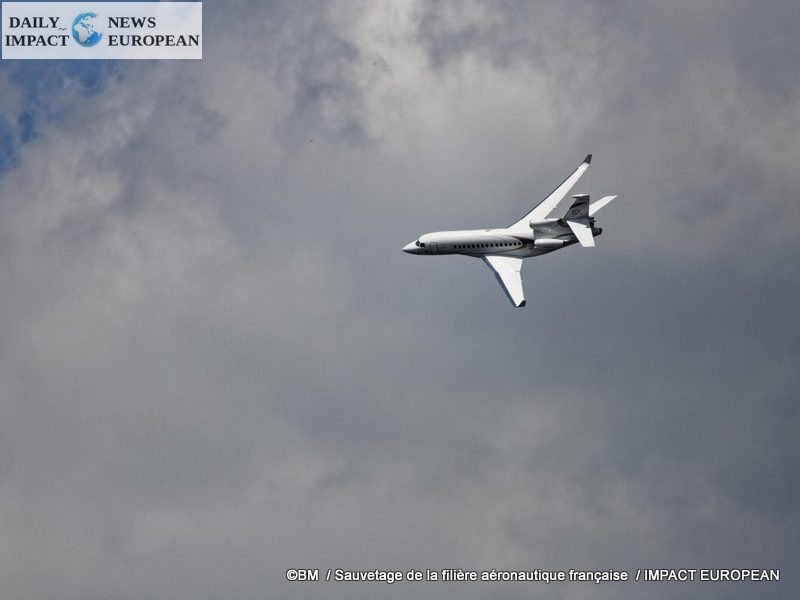

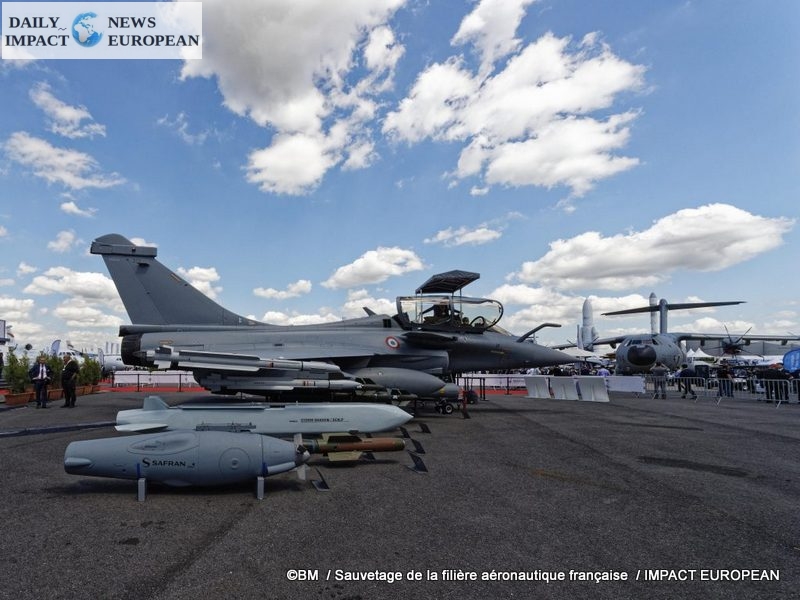
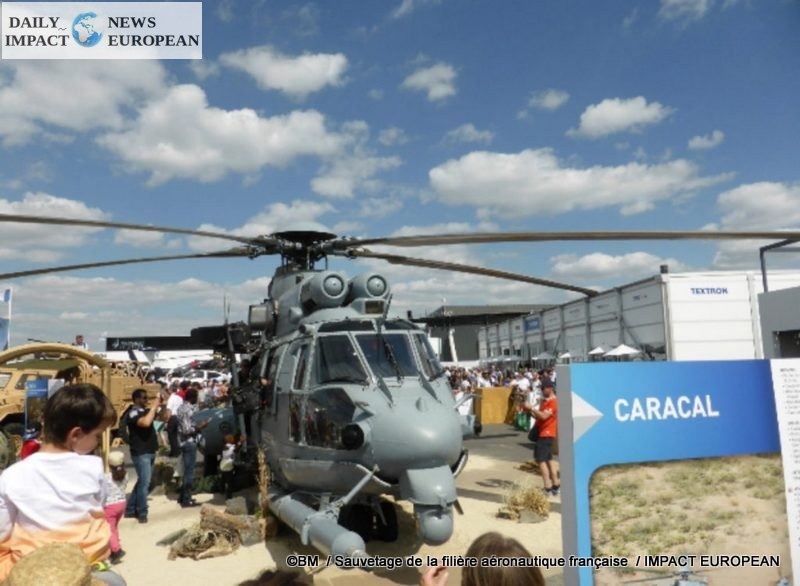
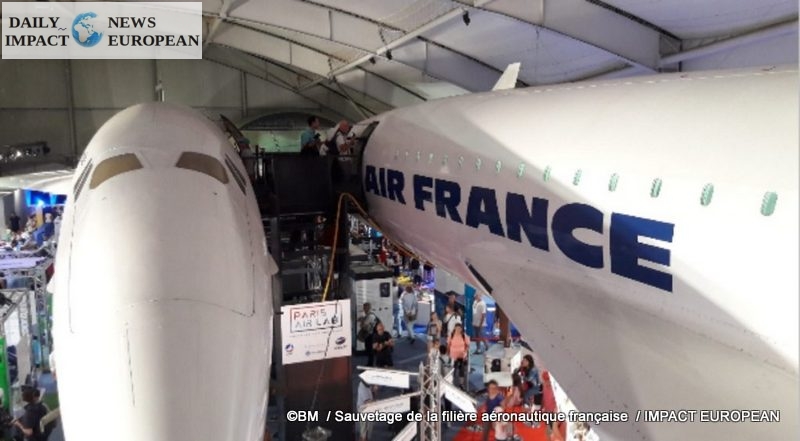
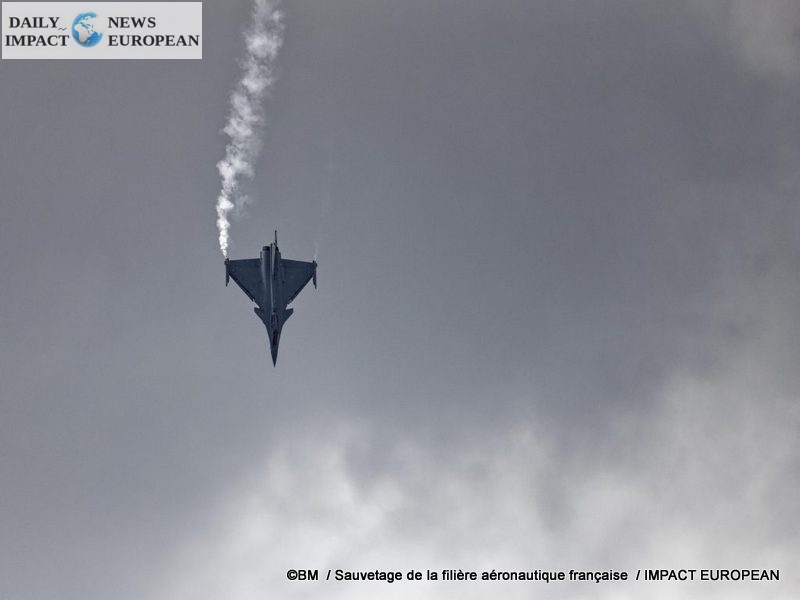
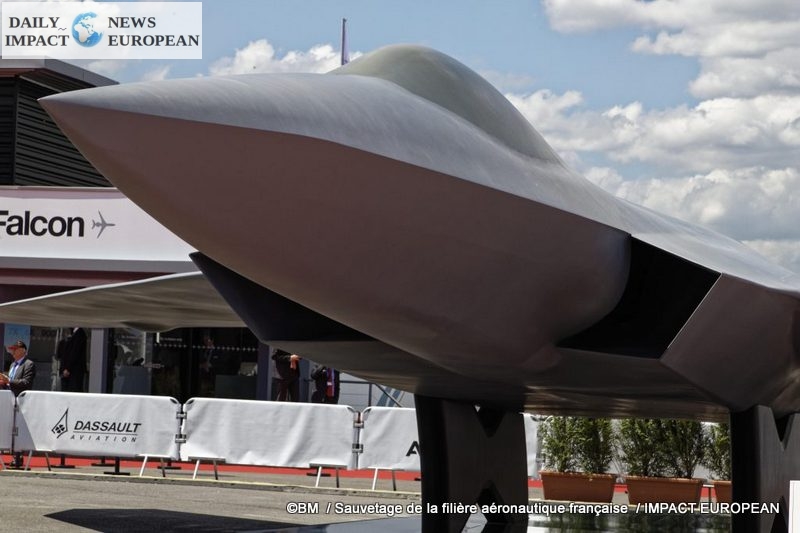
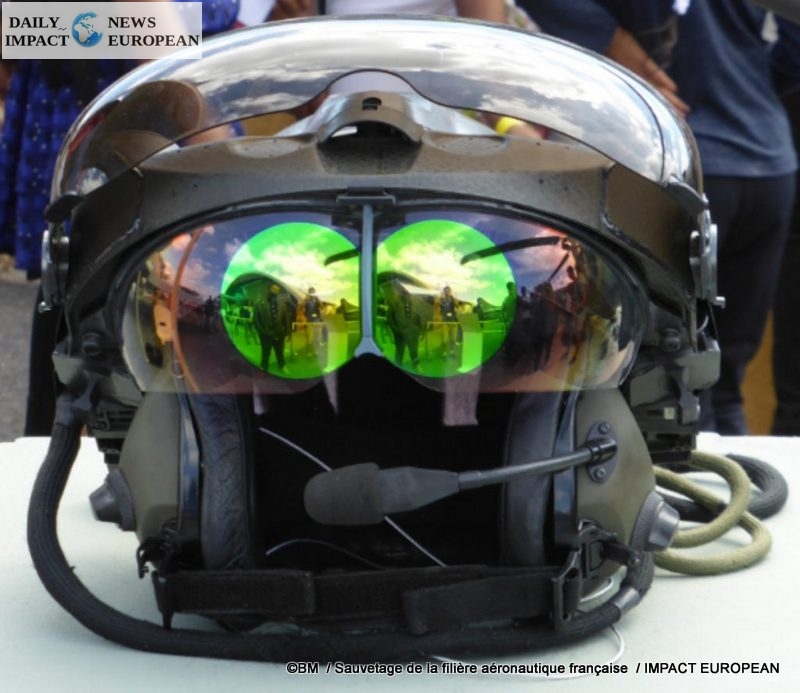


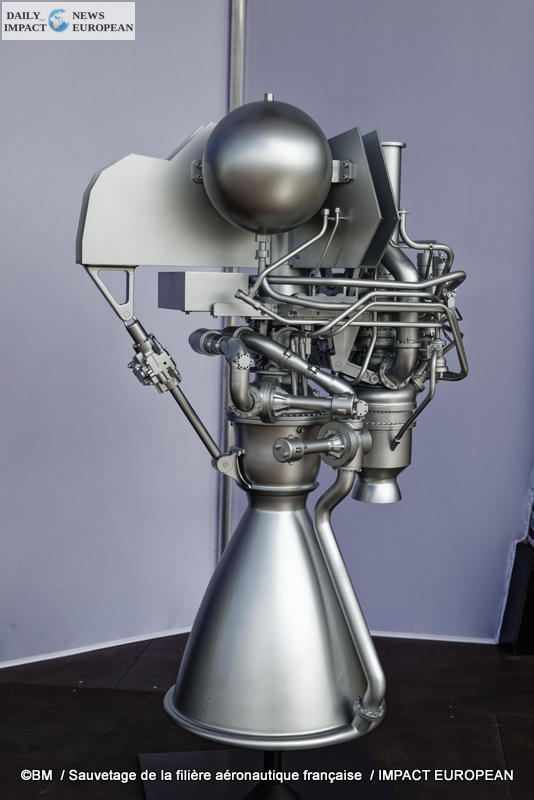



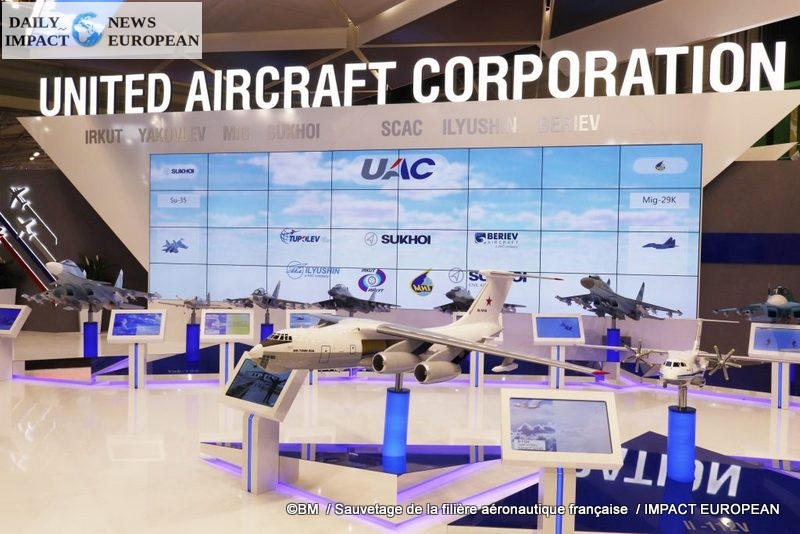
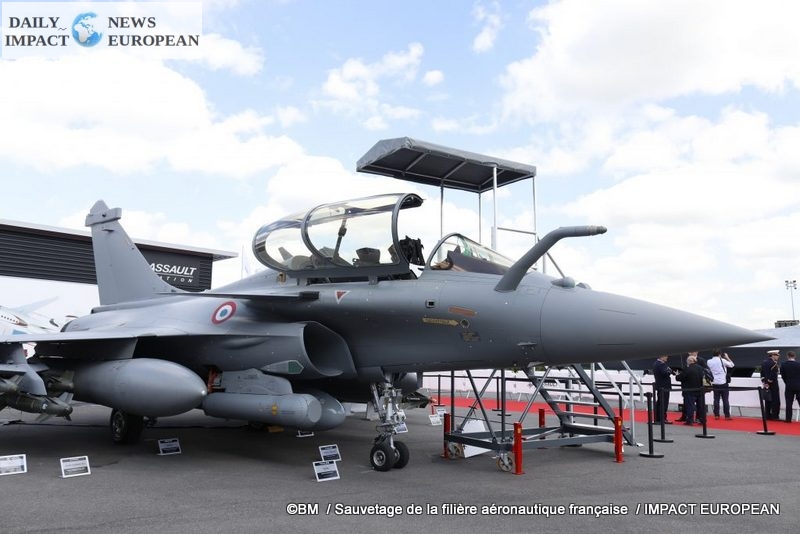
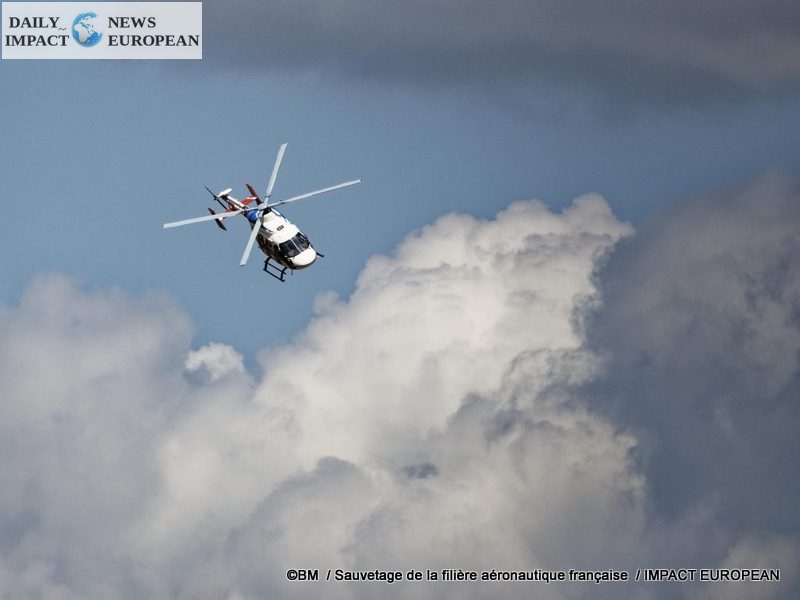
More Stories
Georges Fenech, a Symbol of Renewed Youth, Finds Love Again and Gets Married
United Arab Emirates and Artificial Intelligence: Global Leadership and Strategic Partnerships with France
Premiere of « Gourou » at Pathé